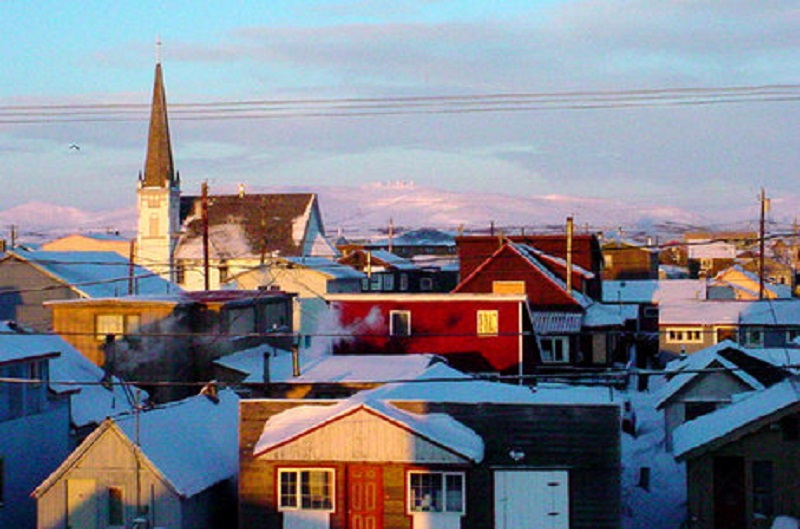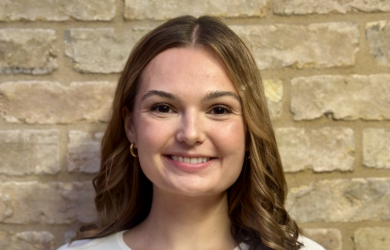
Victoria Herrmann has written a report on how to turn resource extraction into human development in the Arctic region.
The Arctic requires a development structure capable of promoting a diversified local economy, while simultaneously empowering communities to be climate resilient, according to a report published by a Gates Cambridge Scholar for an Artic Council meeting next week.
Victoria Herrmann's report, Arctic Melt – Turning Resource Extraction Into Human Development, points out that while the European Arctic is effectively transitioning towards human development, Alaska’s socio-economic advancement is still heavily reliant on resource extraction. It calls on residents, planners, financiers and policymakers from all levels of government to work together to ensure Alaska’s well being for generations to come.
Hermann [2014], who is doing a PhD in Polar Studies at the Scott Polar Institute, points out that climate change and demographic trends in the region are shifting the ground on which the socioeconomic interactions necessary for human development take place and are in turn challenging the well being of individuals and communities in the Arctic. That includes declining oil revenue, cheaper unconventional oil production in the south and a pending climate change deal which will limit Alaska’s future reliance on petroleum revenue.
Other factors include globalisation, urbanisation and a projected 28% population increase by 2035.
Herrmann says the US Chairmanship of the Arctic Council provides the American government with an opportunity to invest in redefining northern development for the 21st Century, reversing its previous neglect of the region. She calls on the US to back "place over petroleium". She says: "Harnessing the political decentralisation, economic connectivity, and international information sharing benefits of globalisation can help transform Arctic settlements into livable communities independent of the extraction of a single resource. Smart growth, a type of community planning that encourages compact, walkable, and sustainable development, should guide the investment priorities of Alaska’s built environment."
Other recommendations include establishing local business opportunities and entrepreneurship support systems that generate investment in local innovation over multinational industry and constructing schools that build inclusive communities for long-term resiliency. Herrman also calls for the inclusion of stakeholders from all levels of government and different sectors in decision-making. She says: "Southern policymakers at the national level cannot be the only actors involved in reformulating Arctic investment. The past four decades have seen a continual increase in re-allocating economic and political decision-making to northern stakeholders." She calls on the US government to work together with a multi-level, multi-disciplinary team "in order to make meaningful decisions on how to best support human development".
Picture credit: Wikipedia/Mildred Pierce












